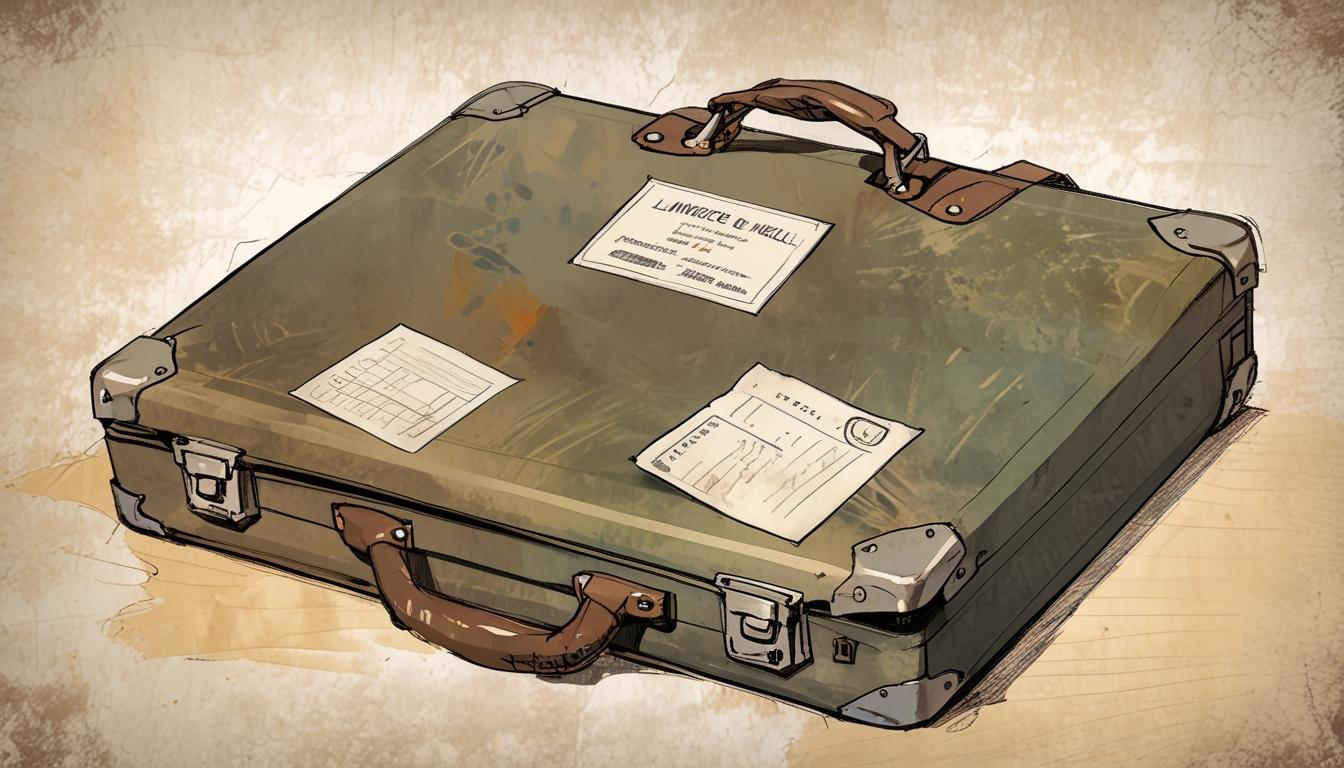The Criminal Cases Review Commission (CCRC) has recently brought to light significant concerns regarding the conviction of Laurence O'Neill, a well-known republican from north Antrim. O'Neill was originally convicted in 1972 for possession of explosives and ammunition with intent to endanger life, receiving a 15-year sentence, of which he served 12 years. This revelation comes in the wake of a comprehensive review by the CCRC, which has since referred his case to the Court of Appeal, citing serious misconduct by investigatory authorities that "brings the criminal justice system into disrepute."
According to findings from the CCRC, there is substantial evidence suggesting that O'Neill may have been subjected to torture or inhumane treatment during his interrogation. The incident that led to his arrest unfolded when O'Neill was approached outside a property in Belfast by two members of the Scots Guards in 1971. Initially stating he was waiting for someone at that address, his car was subsequently searched, allegedly uncovering 700 rounds of ammunition in a concealed compartment. A search of his family farm the following day reportedly revealed additional arms.
Following his arrest, O'Neill was taken to Palace Barracks in Holywood, County Down, where he faced multiple interrogations without legal representation. Medical examinations conducted during that time reportedly failed to record several injuries sustained during these interrogations. A police detective later claimed that O'Neill had admitted responsibility for the ammunition, though he did not provide a written statement confirming this.
The turning point in the case came in 2016 when Paul O’Connor, director of the Pat Finucane Centre, discovered pivotal documents at the Public Records Office in Kew, London. These documents were integral to a civil claim linked to O'Neill's situation and subsequently led to an application to the CCRC, spearheaded by solicitor Patricia Coyle of Harte, Coyle and Collins Solicitors.
In its detailed 'Statement of Reasons,' the CCRC indicated, “there is evidence to support Mr O'Neill’s claim to have been subjected to abuse amounting to torture or inhuman and degrading treatment whilst in custody which led to confessions.” The commission further contended that senior police officers and Royal Ulster Constabulary (RUC) lawyers were cognisant of this misconduct and acted to mitigate potential exposure related to illegal interrogations by conceding parts of the civil claim.
Solicitor Patricia Coyle commented on the gravity of the commission's findings, stating that they are the “most far-reaching and robust” she has encountered from the CCRC. She highlighted that objective evidence reviewed during the civil action led the state to close down that action, precluding a review of the convictions. Coyle remarked on the lack of proactive measures taken to address the flawed nature of the convictions, noting the parallels with the cases of the Hooded Men—a group of 14 Catholic men who allege state-sanctioned torture during their internment in 1971.
Coyle articulated the broader implications of O'Neill's case, questioning the extent of executive misconduct in similar cases. She expressed anticipation for the Court of Appeal’s examination of the safety of O’Neill’s convictions.
Paul O'Connor echoed these sentiments, emphasising the profound and lasting impact the circumstances surrounding O'Neill's interrogation have had on his health and well-being. O'Connor underscored the relevance of such “legacy” issues to contemporary discussions concerning the past and present judicial processes.
As the legal proceedings unfold, the scrutiny surrounding O'Neill's conviction and the conduct of the investigatory authorities continues to evoke significant public and professional interest, reinforcing the importance of integrity within the criminal justice system.
Source: Noah Wire Services
